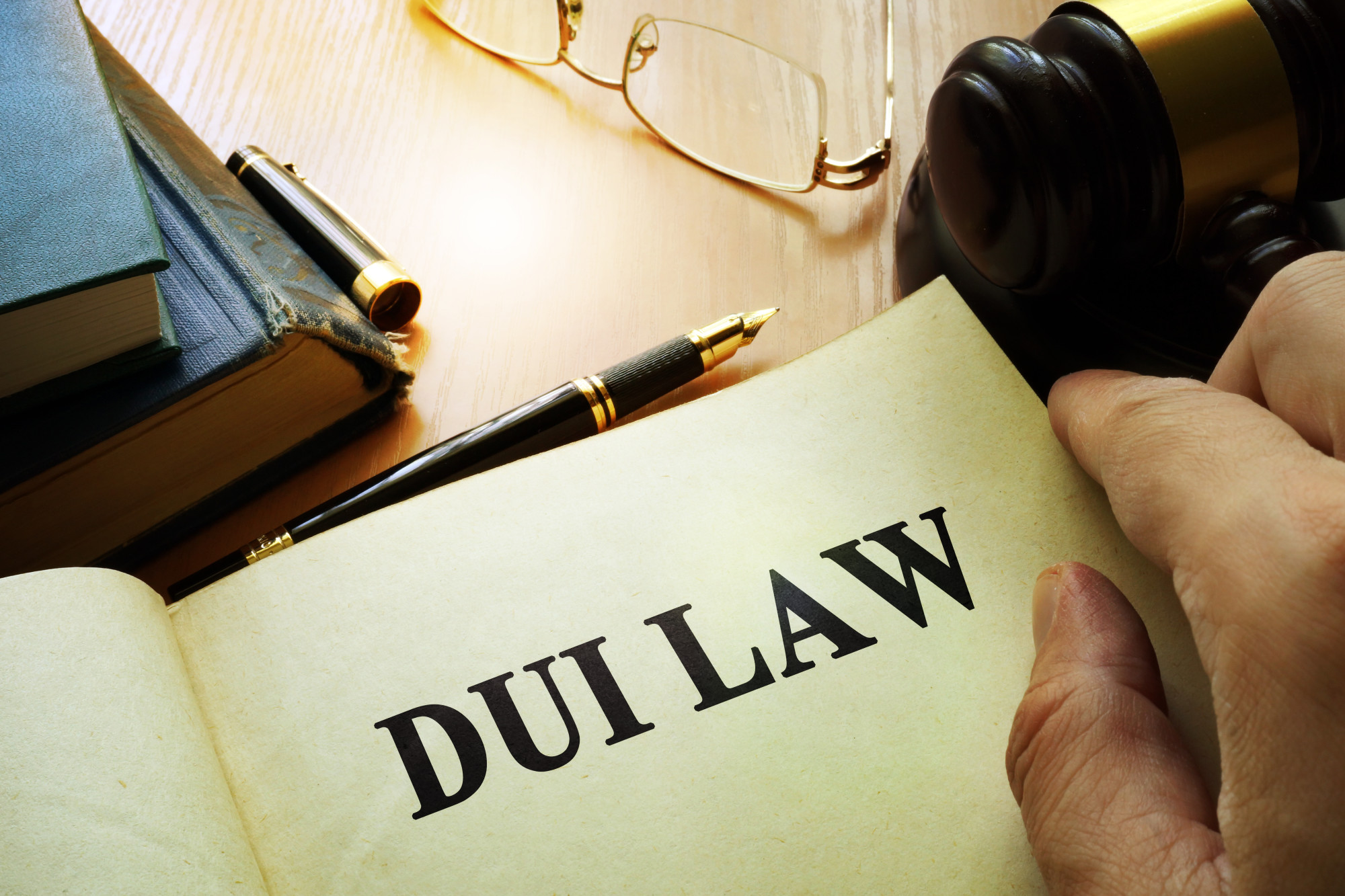When faced with the repercussions of a criminal conviction, the journey to justice can seem like a daunting labyrinth. However, understanding the process and having a capable advocate by your side can significantly lighten the burden. This article will explore the concept of post-conviction relief in California, the various legal means to achieve it, and the importance of experienced legal counsel throughout the process.
I. Understanding Post-Conviction Relief
Post-conviction relief is a legal avenue that allows individuals convicted of a crime to challenge their conviction or sentence, with the aim of ensuring a fair trial and due process. It is a complex area of law that requires a deep understanding of both federal and state legislation.
“Post-conviction relief is not about evading justice, but about ensuring that justice is rightly served.”
A. The Motion to Vacate Judgment
One common form of post-conviction relief is the motion to vacate judgment. This can be particularly beneficial for defendants who believe they did not fully comprehend the implications of their plea at the time of their trial.
For instance, if a noncitizen defendant was not informed about the potential immigration consequences of their plea by their defense counsel, they might be eligible to file a motion to vacate their judgment under Penal Code 1018 pc.
If the court grants the motion, the defendant can then proceed to trial or negotiate a new plea deal.
B. The Penal Code 1181 pc
Another form of post-conviction relief is through the Penal Code 1181 pc. This allows a defendant to contest their conviction on grounds of a biased trial or ineffective assistance of counsel.
However, these motions can be challenging to win, as courts are generally hesitant to admit their fallibility.

II. The Post-Conviction Hearing: What to Expect
Post-conviction hearings can be complex events with far-reaching implications. Therefore, understanding what happens at a post-conviction hearing is crucial.
- Presentation of new evidence or witness testimony
- Legal arguments from both the defense and prosecution
- A ruling from the court on the validity of the post-conviction relief claim
III. The Role of a Skilled Attorney
Navigating the complexities of post-conviction relief requires the expertise of a seasoned attorney. Whether it’s filing a motion to vacate judgment, arguing a Penal Code 1181 pc, or even filing a writ of habeas corpus as a last resort, you can visit website for more details and get the assistance of an experienced legal counsel.
Conclusion
The journey to justice can be daunting, but with the right counsel and a comprehensive understanding of the process, it becomes less of a maze and more of a navigable route. Post-conviction relief serves as a testament to the enduring belief in the power of the legal system to rectify its missteps and ensure justice for all.







